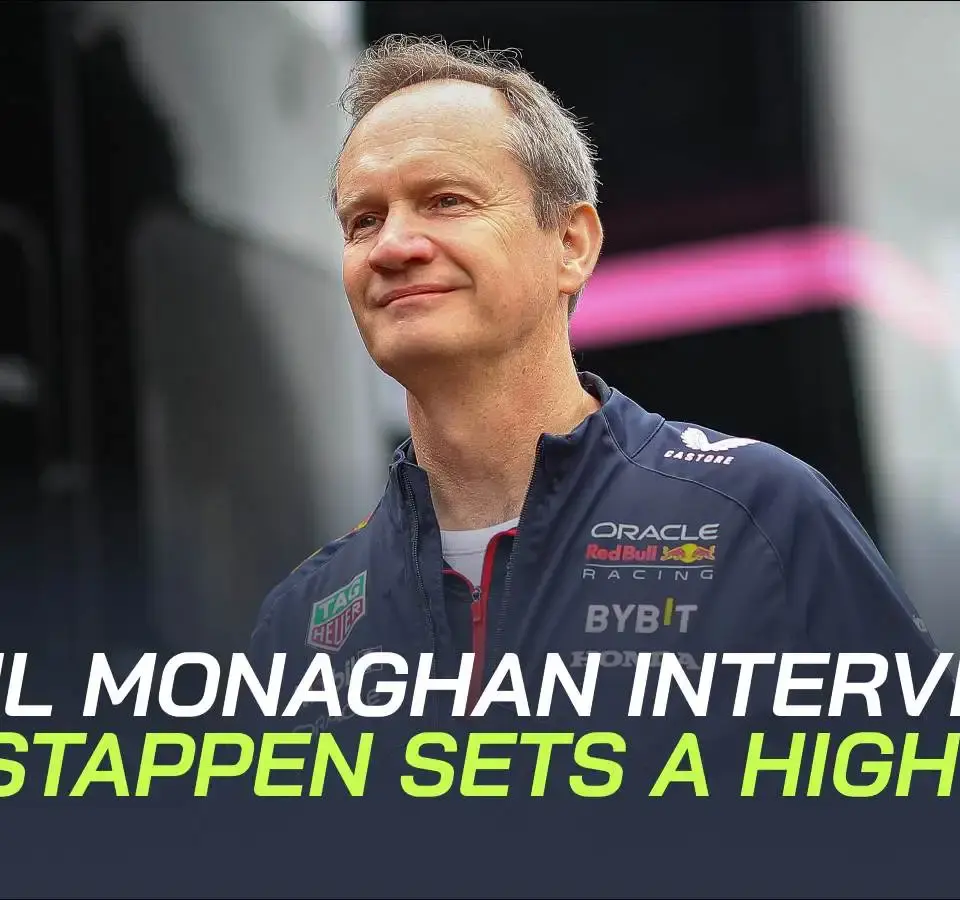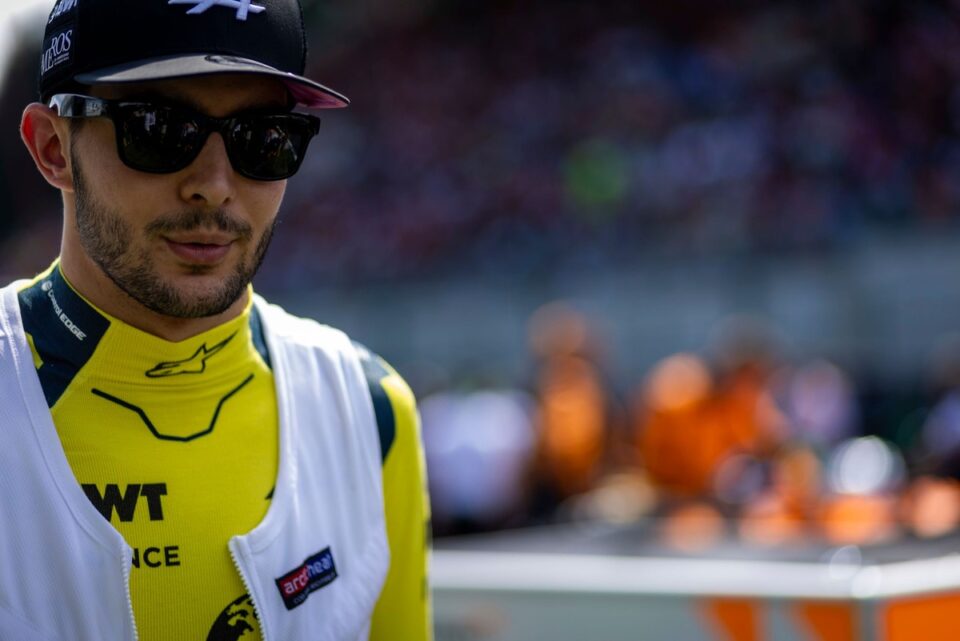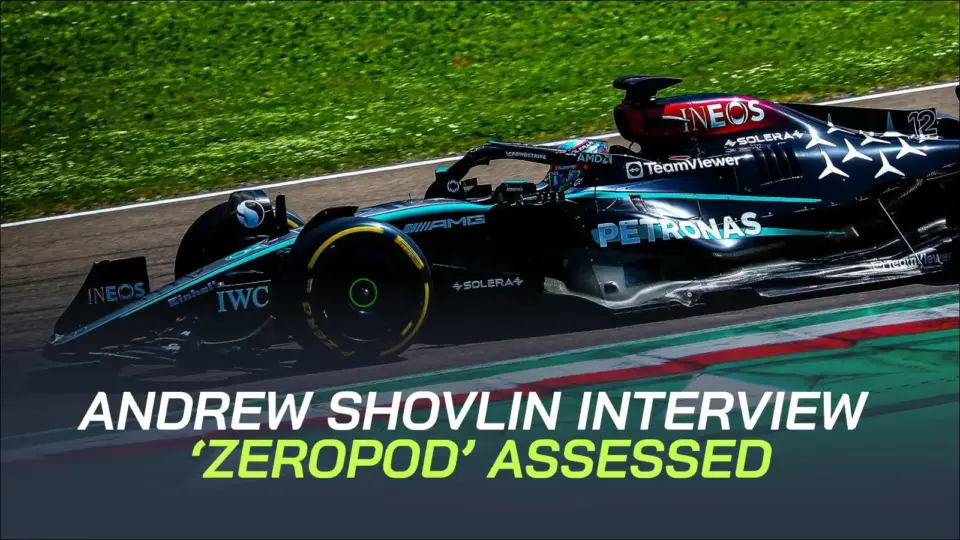Max Verstappen’s intense radio messages have sparked debate and curiosity among F1 fans and pundits. Here’s a closer look at the recent events.
- Verstappen expressed his frustration with Red Bull’s strategy during the Hungarian Grand Prix.
- He chastised his team on the radio for their decisions and his first-lap penalty.
- Verstappen faced backlash, including comments from Lewis Hamilton, for his outspoken nature.
- Red Bull’s Paul Monaghan sees Verstappen’s bluntness as a form of constructive criticism, not an issue.
Max Verstappen’s fiery radio messages during races have attracted attention, especially after the Hungarian Grand Prix where he openly criticized Red Bull’s strategic choices. The Dutch driver was vocal about getting undercut twice, his dissatisfaction with a steward’s decision, and Lewis Hamilton’s defensive tactics in the final laps.
Verstappen’s frustration was particularly evident when his race engineer, Gianpiero Lambiase, suggested he manage his tires better. Verstappen’s blunt response, blaming the team for the strategy, highlighted his high expectations and refusal to accept anything less than optimal performance. This outburst led to some questioning his treatment of the team, with critics like Lewis Hamilton urging him to “act like a World Champion.”
Despite the criticism, Red Bull’s chief engineer Paul Monaghan defended Verstappen, explaining that his high standards drive his intense radio communications. Monaghan believes these outbursts should be seen as constructive criticism. He noted that Verstappen’s exceptional performance level sets a high bar, and his comments reflect a push to meet these lofty standards. Monaghan emphasized that Verstappen expects the best from both himself and his team, and his blunt messages are a part of that dynamic.
Monaghan further elaborated, stating that Verstappen’s feedback, no matter how harsh, is about urging the team to improve. He indicated that the team understands and accepts this dynamic, seeing it as part of what drives their competitive edge. Monaghan recalled past experiences with other drivers to illustrate that passionate feedback is not uncommon in the high-pressure world of F1.
In dealing with Verstappen’s outspoken nature, Monaghan maintains that the key is to interpret his comments as a push for excellence rather than personal affronts. He cited the Rudyard Kipling poem ‘If—’ to underline the importance of resilience and perspective in the team’s approach to Verstappen’s critiques.
Ultimately, Verstappen’s blunt radio messages are a reflection of his drive for perfection and his commitment to pushing the team to deliver their best.









